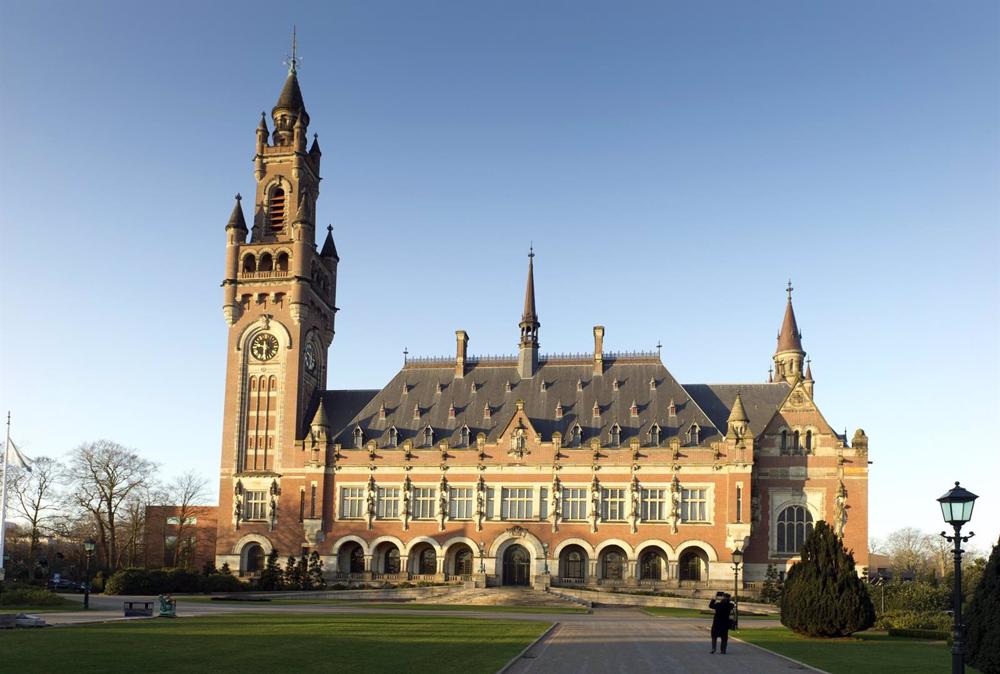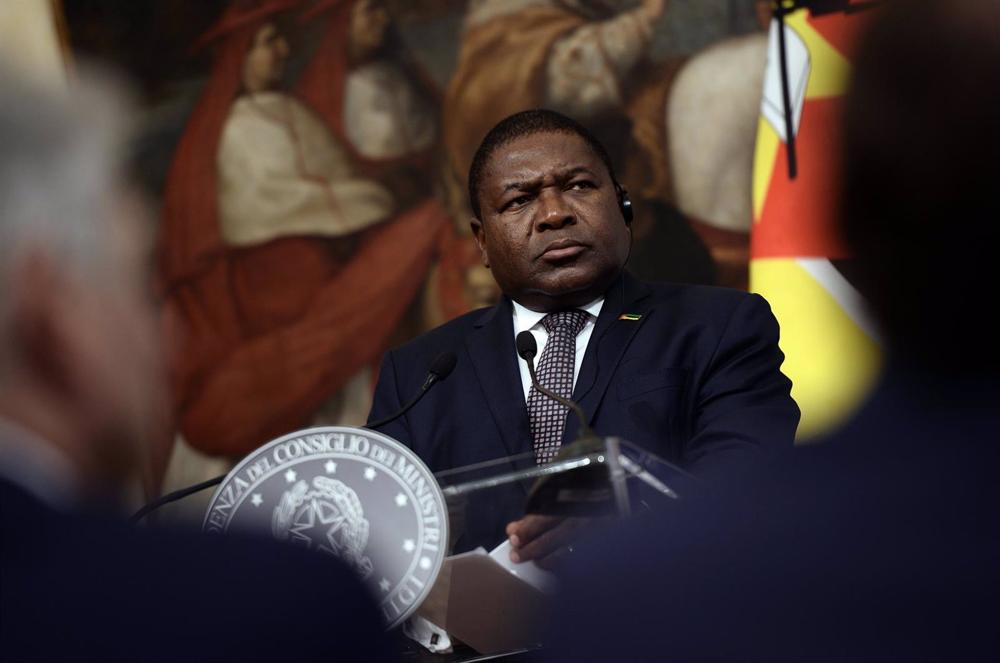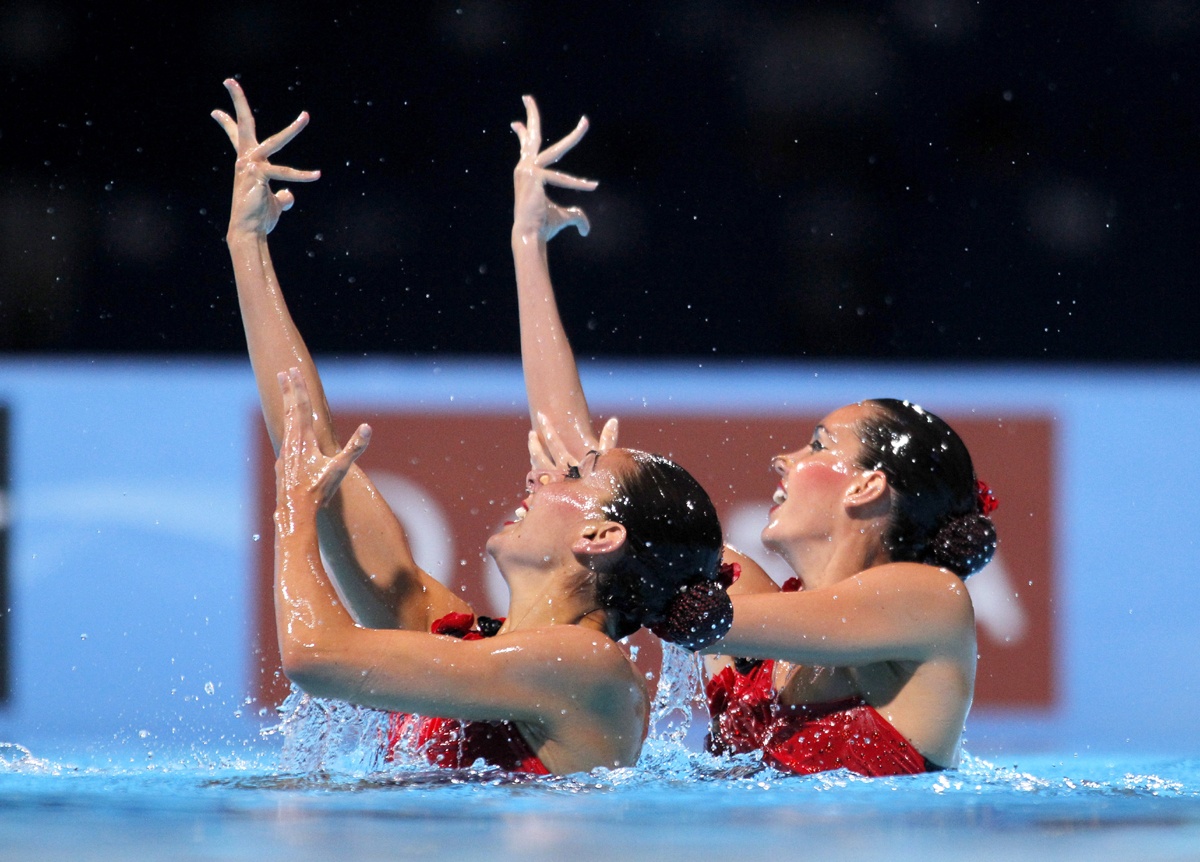
The International Court of Justice (ICJ) declared Thursday that «there are no doubts» that the Silala is an «international» river and dismissed the counterclaim filed by Bolivia against Chile, so the country will not have to compensate the Bolivian government, which claimed to have sovereignty over what it described as «artificial canals» that serve to drain the flow of the Silala.
The court has thus stated that the Chilean authorities have «the right to make an equitable and reasonable use» of the waters and «should not indemnify Bolivia» since the country is making «proper» use of the water resources despite Bolivia’s insistence that the waters of the Silala flow into Chile through artificial canals.
«There is an agreement between the riparian states, Chile and Bolivia, that the Silala River constitutes an international watercourse. Therefore, there is no doubt on this matter,» said Judge Joan Donoghue, president of the Court, during the public reading of the ruling.
Donoghue said that the court has thus dismissed Bolivia’s petition, which responded to a counterclaim filed in 2018, two years after the now former president of Chile, Michelle Bachelet, sued the neighboring country following accusations by former Bolivian President Evo Morales, who claimed that Chile was «stealing» the water resources of the river.
Thus, it has agreed with the Chilean government and pointed out that «during the proceedings it has become clear that the parties agree that this principle applies to all the water of the Silala, regardless of its natural or artificial characteristics, and that the parties agree that they have the right to equitable and reasonable use according to customary international law».
In addition, the court has addressed Bolivia’s obligations to care for and prevent environmental damage to the riverbed and has stated that the court «considers that in the course of the proceedings the parties have agreed on the merits of Chile’s claim».
However, it has established that Chile «has not presented evidence that Bolivia has caused damage to the riverbed» and has clarified that «not all damage generates an obligation to consult».
The territorial conflict dates back to 1879, when Bolivia lost its access to the Pacific in the war with Chile, which culminated in the Treaty of Peace and Friendship of 1904, on the right of free transit of Bolivian goods to and from ports in this ocean.
BOLIVIA AFFIRMS THAT CHILE DOES NOT HAVE THE RIGHT TO THE TOTAL USE OF THE WATERS For his part, the Bolivian Foreign Minister, Rogelio Mayta, has asserted that Chile has no «acquired right» to make «total» use of the waters of the Silala, as he explained in declarations to the Bolivia TV channel.
The head of the Bolivian diplomacy has clarified that he has attended the court to «resolve the controversy» and not «to win or lose». «We have come to resolve a controversy. The ruling gives us important certainties. First, the court made it clear that Bolivia has the right over the canalization that has been carried out in its territory,» he said.
In this sense, he clarified that the court also ruled that «Bolivia has the right to recover the wetlands that were damaged by the canalization» and defended that «the country did not fail to comply at the time with the obligations of international law», as Chile pointed out.






